'I escaped a North Korean Prison camp'
Last October, Ji Hyun Park, a Manchester mother, gave one of the leading testimonies at the United Nations Commission of Inquiry on Human Rights in North Korea. The report’s finding charged North Korea and its leader with human rights abuses. Here, Ji reveals her astonishing survival story and how she rose above the brutality...
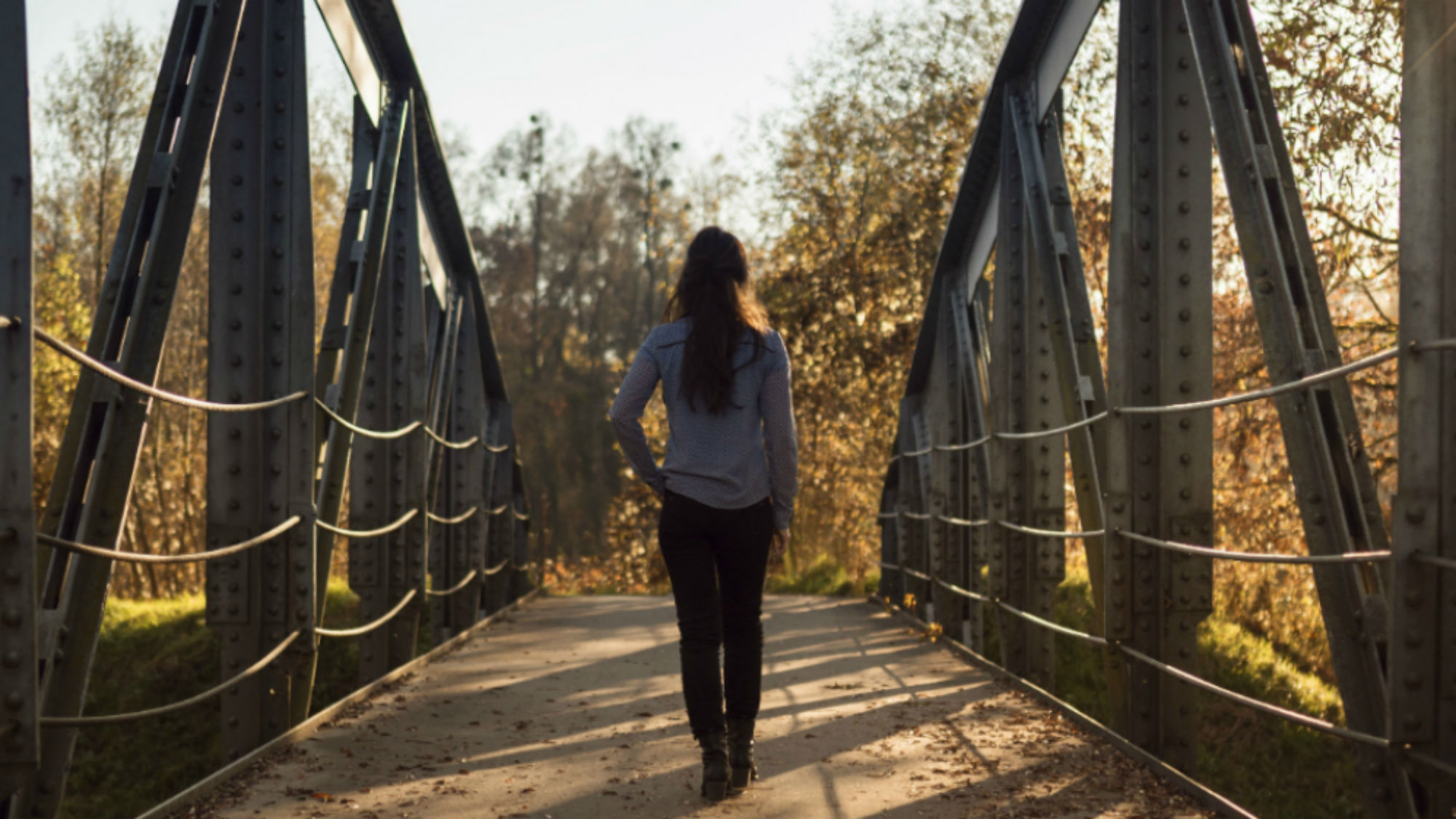
What does it feel like to grow up in the highly secretive state of North Korea? Ji Hyun Park, who came to the UK as a refugee after escaping the country, reveals her astonishing survival story and how she rose above the brutality.
To my neighbours in the Manchester street where I live, I’m just a normal mum. I smile as I pass them on the school run each morning, my husband is out washing the car at weekends and my son can be seen most nights after school playing out in front of the house with other boys. But they have no idea of the agonising years I spent being sex trafficked, imprisoned and tortured before I made it to Britain to beg for asylum.
I was born in Chongjin, in the closed dictatorship of North Korea, where I was cut off from the rest of the world and brainwashed from birth to obey the state. Like all citizens, I went through school believing that North Korea was the greatest country on earth and knew nothing about the atrocities carried out against its people. I excelled academically, going off to university to train as a teacher. But when I left university in 1996, my life changed. The food rations that were doled out each month by the government suddenly disappeared and the country was gripped by famine. We were told that the West was to blame, because it had imposed economic sanctions on our country, but it was actually due to mismanagement of food production by the government and bad weather.
Over the course of a year, I watched as people around me became increasingly desperate. The stomachs of the children on our street were distended from starvation. We were forced to forage for whatever food we could find in forests and gardens. I remember digging up tree roots with my fingers to boil and eat. In the house next door, four children died that year.
My father, who had worked for the government as a driver, lost his job, as there was no fuel. In desperation, my mother suggested we attempt to smuggle ourselves over the border into China.
On 21 February 1998, my mother bribed the border guards to let us cross the frozen Dunman River that separates the two countries. My sick father would stay.
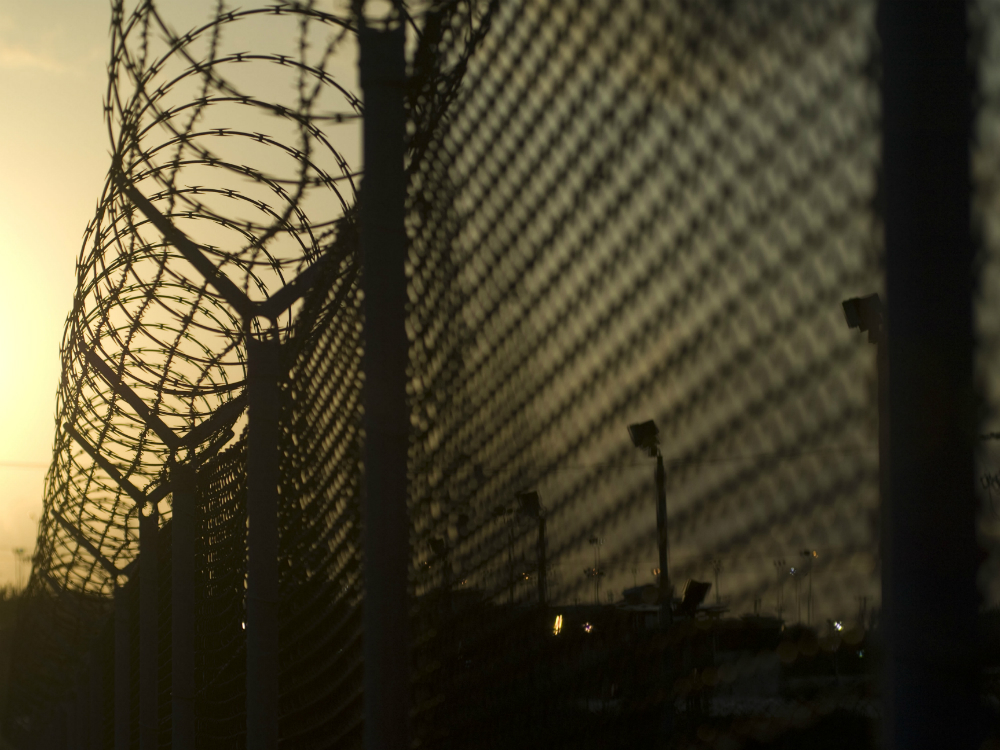
But when we arrived we discovered things were worse. China did not recognise us as refugees, but as illegal migrant workers. News reached us that any North Koreans caught on Chinese soil would be deported back to North Korea, where they would face a long sentence in one of our countries notorious prison camps. ‘Your daughter needs to marry a Chinese man so she can stay,’ my mother was told time and time again. ‘She’ll be looked after then.’
Celebrity news, beauty, fashion advice, and fascinating features, delivered straight to your inbox!
We had no idea that what was being suggested amounted to human trafficking or that such a marriage would never be recognised. In good faith and desperate to ensure my survival, my mother handed me over to a broker. It would prove to be a naïve and terrible mistake.
I was just 26 and spent two agonizing months with a handful of other North Korean girls being put on display in a rundown house in a small border city. None of us were allowed to speak to our families or leave. I was tired, lonely and starving. At night, the broker forced us to have sex with him. ‘If you refuse,’ he’d say, ‘I’ll call the police and have you sent back.’ We knew ‘back’ meant North Korea, prison and torture, perhaps even death. We all had to do whatever he asked. I was so ashamed, I could hardly even look at the other girls. None of us could bare to talk about what was happening to us.
One day, I was told I had a ‘buyer’ – a farmer from Heilongjang, who bought me for £500. I now belonged to this man; my life in his hands to do whatever he wished with me, but I was too broken to care who I ‘married’. I was just desperate to leave the hideous ‘showroom’ where I was being held.
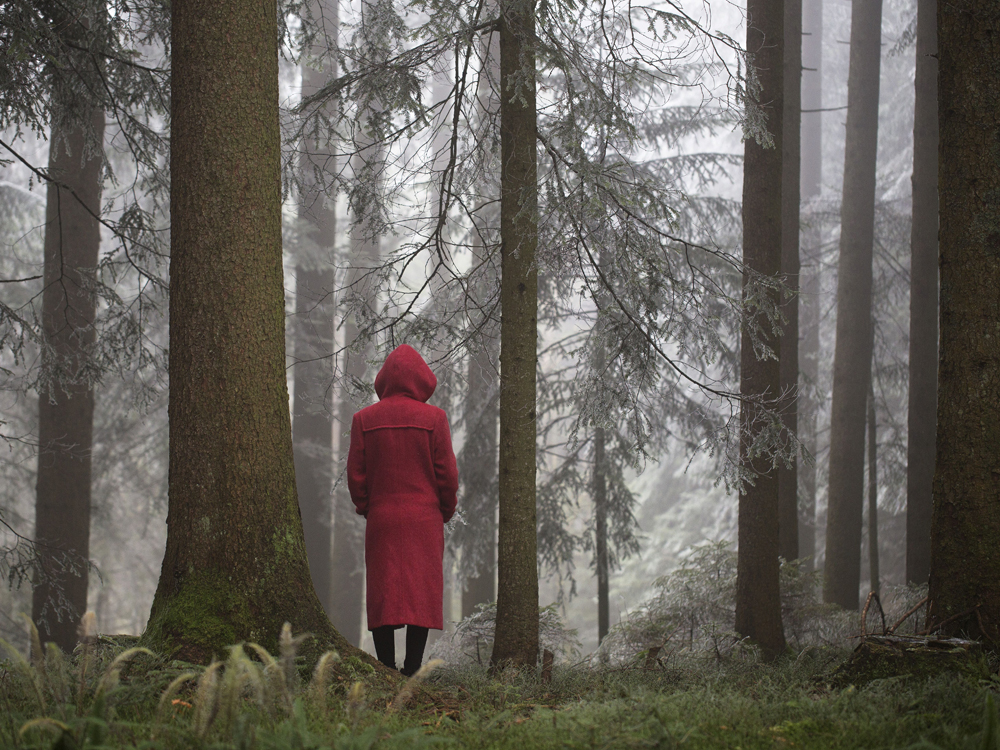
But my new life was little better. I was hundreds of miles away from my family and my ‘husband’ was a heavy drinker who always stank of alcohol. He moved into his cabin in the middle of a farm surrounded by fields and warned me that if I tried to run away, he would call the Chinese police and have me hunted down. Of course, I was his property and he could have sex with me when he wished, so it wasn’t long before I became pregnant.
On a very cold morning in the middle of winter 1999, I went into labour while he was away on one of his many gambling trips. I went through 11 hours in agonising pain, screaming and totally alone, convinced I would die. I was saved by a passer-by who heard my screams from the house and ran to get a midwife, so my son could be born safely. It was the most frightening experience of my life and yet, looking down at my son’s face, I felt genuinely happy for the first time. My pain disappeared and I screamed with sheer joy.
When my drunken husband returned, I was shocked by his lack of feeling for the baby. ‘We’re going to have to sell him to pay off my gambling debts,’ he said without even looking at him. I remember falling to my knees and pleading with him to spare him. ‘Look at him. He’s your first son,’ I cried. He glanced at the baby and then at me. I think it was the first time he had actually listened to anything I said.
My husband spared my son, Yong, but his behaviour deteriorated after the birth. He grew violent, often hitting me with his fists, and threw our possessions around the cabin when he was drunk. I was miserable much of the time but, when he went off to gamble I had rare glimmers of happiness. I found a sort of solace and peace during those times alone with my happy little boy playing in the fields outside, unaware of how wretched our situation really was.
Like most happy moments in my life, however, these times were short-lived. One day when Yong was four, in spring 2004, Chinese police banged at the door. They said they believed my son and I were illegal, arrested me and sent me back to North Korea. They dragged me out kicking and screaming, with Yong looking at me bewildered and scared.
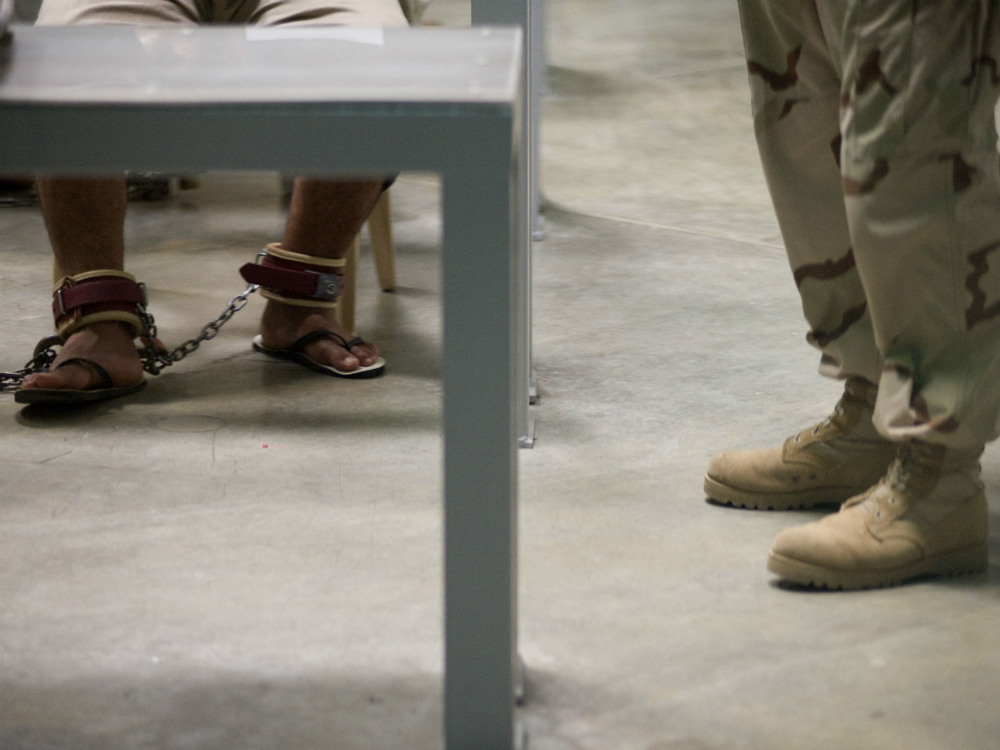
Back in my home country, I was charged with trying to escape North Korea and sent to a jail where a dozen male and female, young and old prisoners were squeezed into a room no bigger than a metre square. There was only one toilet in the corner of the room and no privacy.
Like other inmates, I was treated as an enemy of the state and forced to do hard labour, clearing the hills of trees so that crops could be planted. I became so malnourished that my skin turned black and my body was skeletal. I lost big clumps of hair and felt utter despair. But the greatest pain was in my heart. I couldn’t bear being separated from my child. On days I thought about death, the thought of seeing my son again was all that kept me going.
We were not allowed to wear shoes in the prison, in case we tried to run away. Slowly the skin on my feet became broken and calloused from the rough stones on the ground. My wounds became infected until finally gangrene set in. It was desperately painful, but what I didn’t realise was this would be my passport to freedom. The prison doctor told me that the United Nations had intervened to condemn the conditions in North Korea’s prisons, and he persuaded the guards that I needed rest.
Thanks to him, I was sent to a prison for children where I was to stay until I was well enough to return to finish my two-year sentence. But after two months, when I was able to walk with a limp, I begged the guards to let me leave. My father had passed away just after I left for China, and I told them I wanted to visit his grave. In a rare moment of generosity, they agreed to let me go and, the minute I was out, I headed for the Chinese border again. I had no money, and I knew the only hope of seeing my son again was to approach another trafficker on the North Korean side and tell him I wanted to be sold again into marriage. Once inside China, I managed to escape.
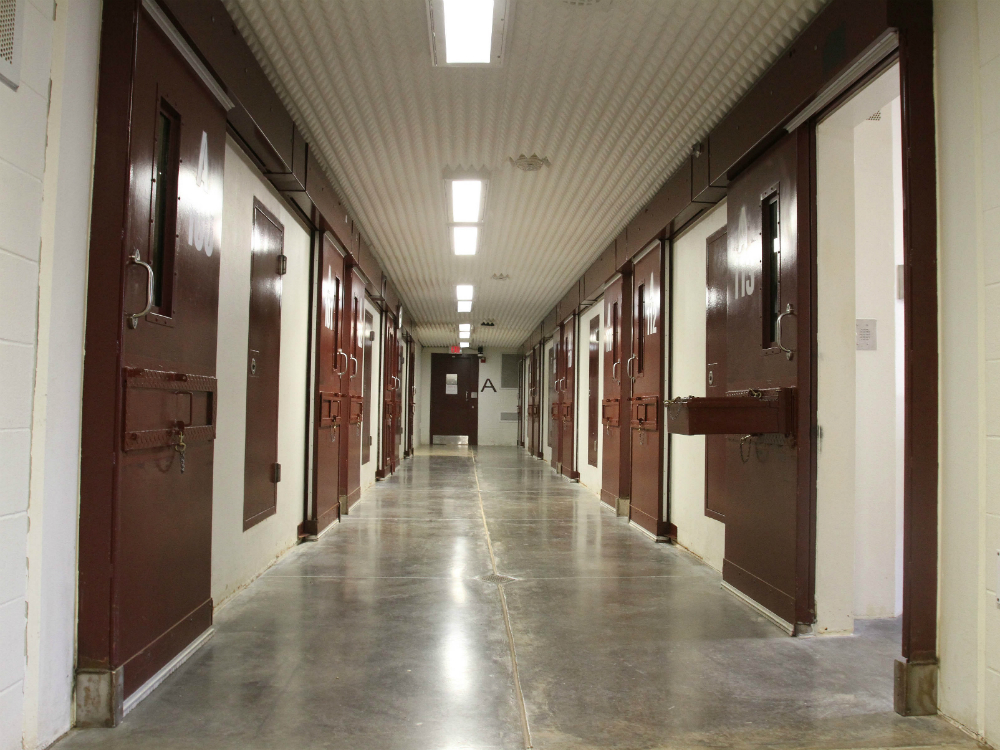
In early December 2004, I called my son for the first time since I was taken from our home eight months earlier. His father had abandoned him with his paternal grandparents and he was being left to starve. When he heard my voice he broke down and sobbed, begging me to come for him. He was surviving by stealing food at markets and begging in front of churches for meals. When we were finally reunited, he was almost six. No words can describe how we felt as we just stood holding each other. Yong was thin, with messy hair and covered in dirt. I was also malnourished and painfully thin, but I knew at that moment I had everything I needed to be happy.
I owed it to my son to give him a new life, so I tracked down a man I’d heard about who was experienced in helping North Koreans smuggle themselves out to neighbouring Laos, where they could go to the South Korean embassy and claim asylum. At first, the man – a fellow North Korean who had lived in China for a decade – and I barely spoke, but as we plotted our escape, we started to spend a lot of time together. One day, while on a bus to a safe house, we began talking about our lives. He warmed to my son – he had a soft heart – and we bonded over shared experiences.
I realised that like me, he was just doing what he had to do to get by. He made me feel like a woman for the first time in my life, instead of an object. Over the next few months, I found myself becoming increasingly close to him and even caring for him. Then miraculously, among all this turmoil, we fell in love.
When we heard that some Western countries, including the UK, were accepting North Koreans as refugees, he used all his savings to pay for fake Chinese passports so the three of us could fly to England. When we arrived, we confessed everything to the authorities and begged for asylum.
Seven years on, we are a normal family. In Manchester, my son, Yong Joon, is a typical English teenager. He loves basketball, MTV and maths, and dreams of being a lawyer. My life is finally calm and settled. I am free. But every day, when I think of the millions left behind, I am reminded how lucky I am to be here. It was so important for me to give something back, so I work on a campaign called European Alliance For Human Rights in North Korea. I give talks around the UK about my experiences to try and raise awareness of the injustices North Korean women face. It’s only by speaking out that people can appreciate the true horror many immigrants like me face before they find peace on British shores.
The leading destination for fashion, beauty, shopping and finger-on-the-pulse views on the latest issues. Marie Claire's travel content helps you delight in discovering new destinations around the globe, offering a unique – and sometimes unchartered – travel experience. From new hotel openings to the destinations tipped to take over our travel calendars, this iconic name has it covered.